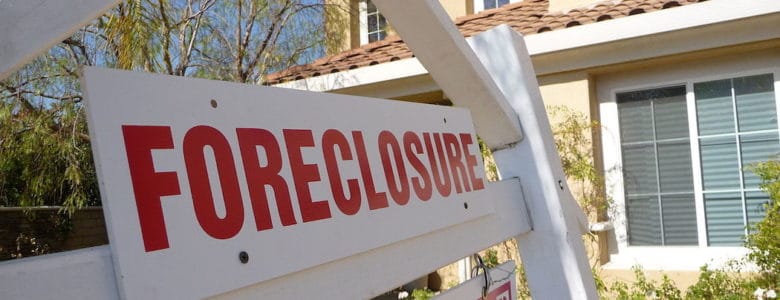The Great Recession of 2008 is long over. We rarely hear about a housing crisis, except perhaps for the fact that it’s gotten really expensive. However, a report from last year shows that the number of people who can’t afford their homes is on the rise. If you are one of the people who are having trouble, there’s no shame. You’re in the same league with about 38 million other Americans. Fortunately, there are things you can do.
What to do if You Can’t Pay Your Mortgage
1. Refinance Your Mortgage
If you’re struggling to pay, the first call should be to a mortgage broker. They may be able to shave a good amount off your monthly payment. Just a one percent difference in your interest rate can save you hundreds. Beware, though, that a new mortgage might come with closing costs and lender fees, and they can be hefty. The other drawback is that a good credit score is still important when refinancing.
2. Check into Loan Modification
The Making Home Affordable Modification Program is a federal program designed to help people who are having trouble. You may qualify if:
- your home is your primary residence
- you owe less than $729,750
- you got your mortgage before January 1, 2009
- your payment on your first mortgage (including principal, interest, taxes, insurance and homeowner’s association dues, if applicable) is more than 31 percent of your current gross income; and
- you can’t afford your mortgage payment because of a financial hardship, like a job loss or medical bills.
If you owe more on your home than it’s worth, you may have trouble qualifying for either of the above options.
3. Call Your Mortgage Company
Your mortgage company really doesn’t want to foreclose on you. It’s nothing but a costly headache. Still, we only recommend calling them as a last resort. You don’t want them to know there is something wrong until they need to. They probably won’t shave anything off your balance, but they might be willing to work out a temporary arrangement, called a forbearance. If, however, you expect your situation to be long-term, selling might be the best option. If you are under water on your loan, perhaps your lender will let you work something out on the balance, or allow for a “short sale,” in which they agree to accept less than the home’s value. Both short sales and foreclosures will damage your credit.
Featured image via Wikimedia.


Leave a Reply